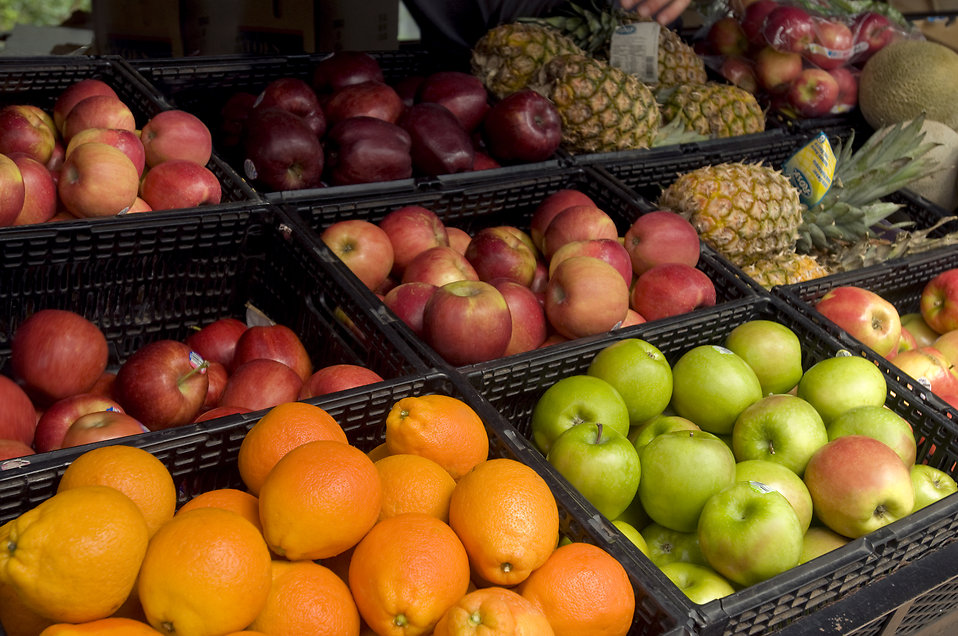A student preparing for a test is just like an athlete preparing for a big sports game, an actor preparing for a big performance, or an entrepreneur preparing for a big presentation. To perform highly in these events, one must be fully mentally prepared for the task at hand.
One major factor in mental preparation for major events is being able to train one’s mind to be ready to “go big” just when it is needed. One needs their mind to not just be able to think about a situation and determine the best way to proceed in that situation, but further to react in the best and most sensible manner to the situation in an intuitive sense, without much thought.
This relates to the phrase common to sport that when in a big athletic event, the athlete should not think, but react. This reactive mental spontaneity allows one to bring their biggest performances in test circumstances, as it allows one to power through questions that they know, rather than dawdling and thinking about each question, which can waste precious time, and take away thinking time that will be required for questions which present much more difficulty.
It also allows one to determine a way to find an answer to a very difficult question on the spot, and perhaps get either part marks for the question, or even in lucky cases, full marks. The one interesting thing about this mental spontaneity is that its utility is not unique to tests, but generally it can help one perform in any important and high-pressure life event, by helping one zone into the moment, and use a subconscious well of intuition to perform highly.
At this point, the glaring question becomes: how does one build their reactive mental spontaneity? This reactive spontaneity can be gained by studying holistically.
- The first step to doing well on a test is going to class and participating actively. Often just showing up to class and soaking in information that may appear on the test is enough to boost a test score by a couple percentage points. One should never underestimate how early their studying for a test can start.
- Participating actively in class is important too. A student is best to continually engage with the material that is being taught in class. This can be done by continually questioning class material as it is taught to ensure that they understand it, practicing examples used in class alongside with the teacher before they show the solution. Active learning keeps one’s mind engaged, and begins to embed the knowledge deep in the student’s mind, so that the knowledge is available for recall when needed in a test circumstance.
- Another holistic studying method that is helpful in building a reactive mental spontaneity is practice. Practicing problems or discussing class content (in the case of a humanities class) regularly also helps to solidify the knowledge in one’s mind. This means that one will have a better understanding of class content long before the test occurs, and will not be forced to cram material into their mind at the last moment. This regular practice need not occur for too long at any one time, but should be regular.
- Not working on the class for longer than one would like in any one study session will ensure that one does not become frustrated with class material, which can impede learning by inducing feelings of resentment in the student.
SchoolTutoring Academy is the premier educational services company for K-12 and college students. We offer tutoring programs for students in K-12, AP classes, and college. To learn more about how we help parents and students in North Liberty, IA visit: Tutoring in North Liberty, IA.




